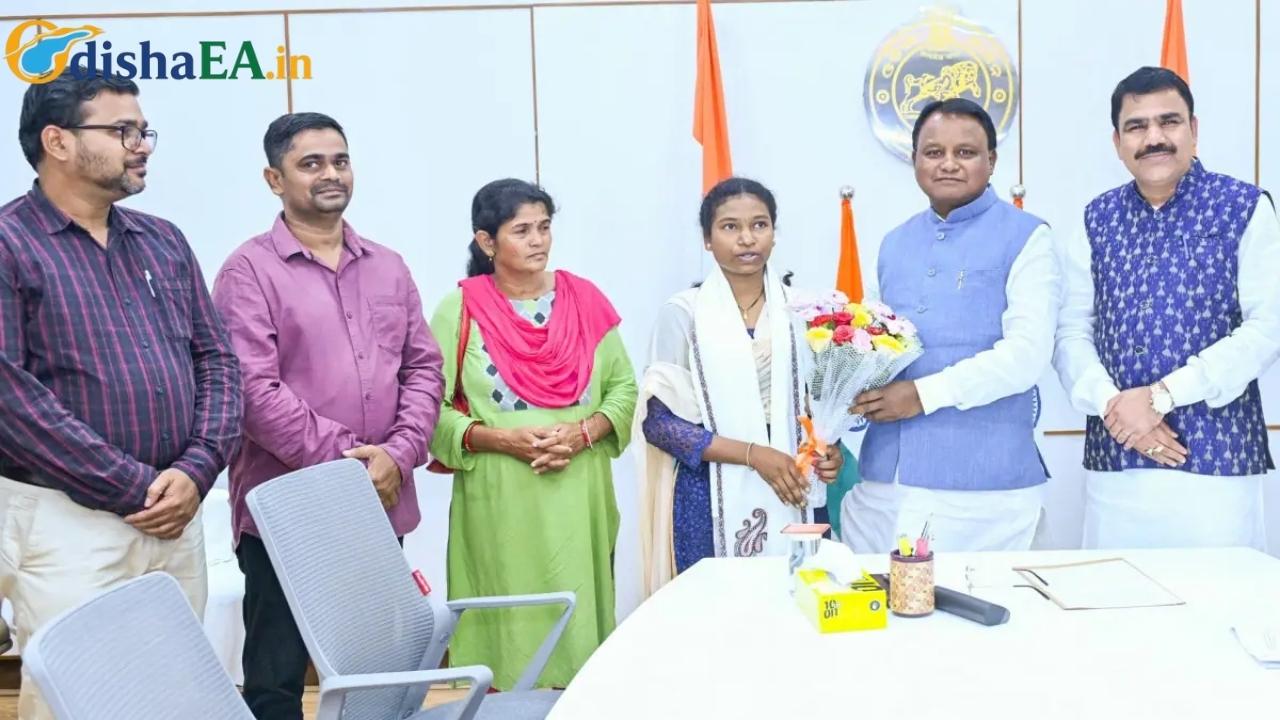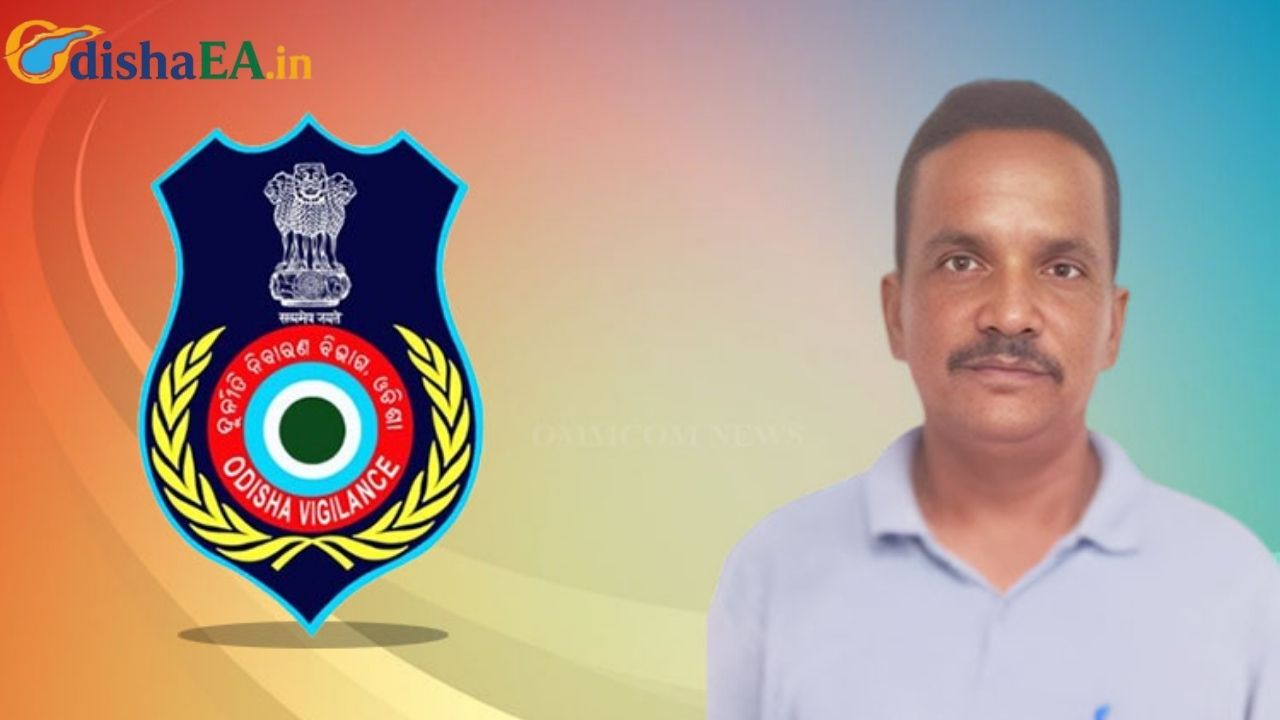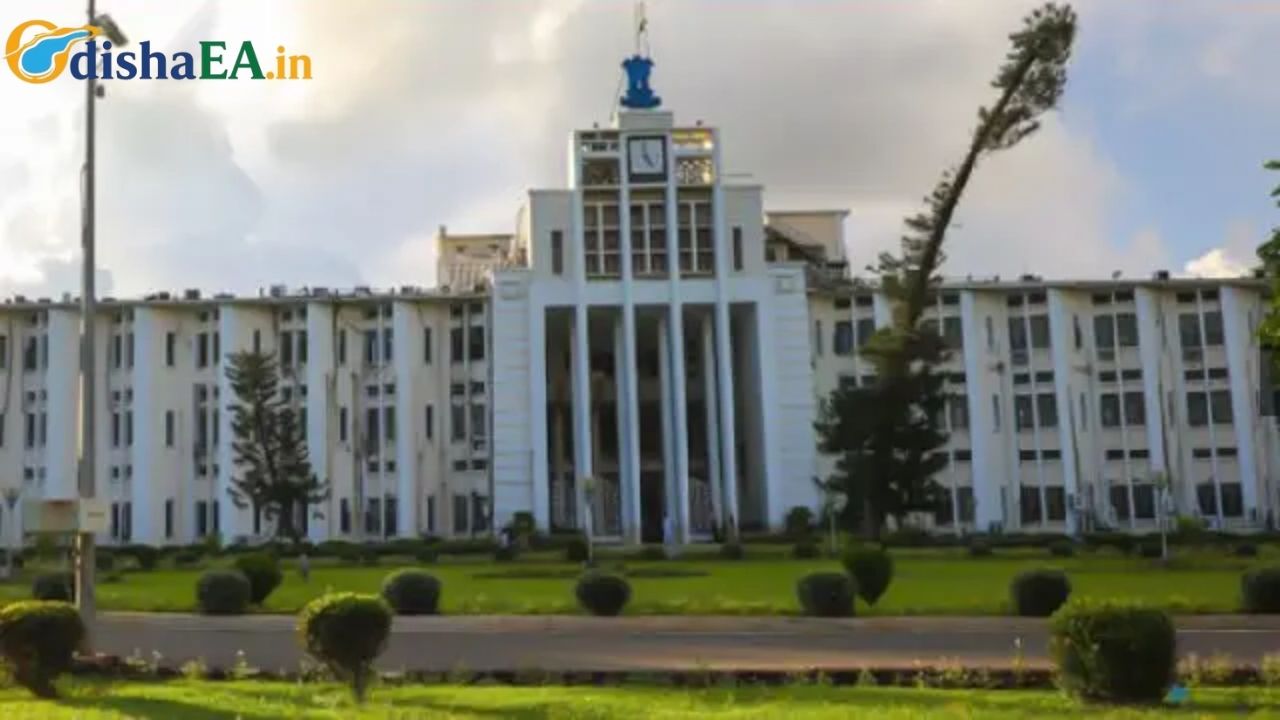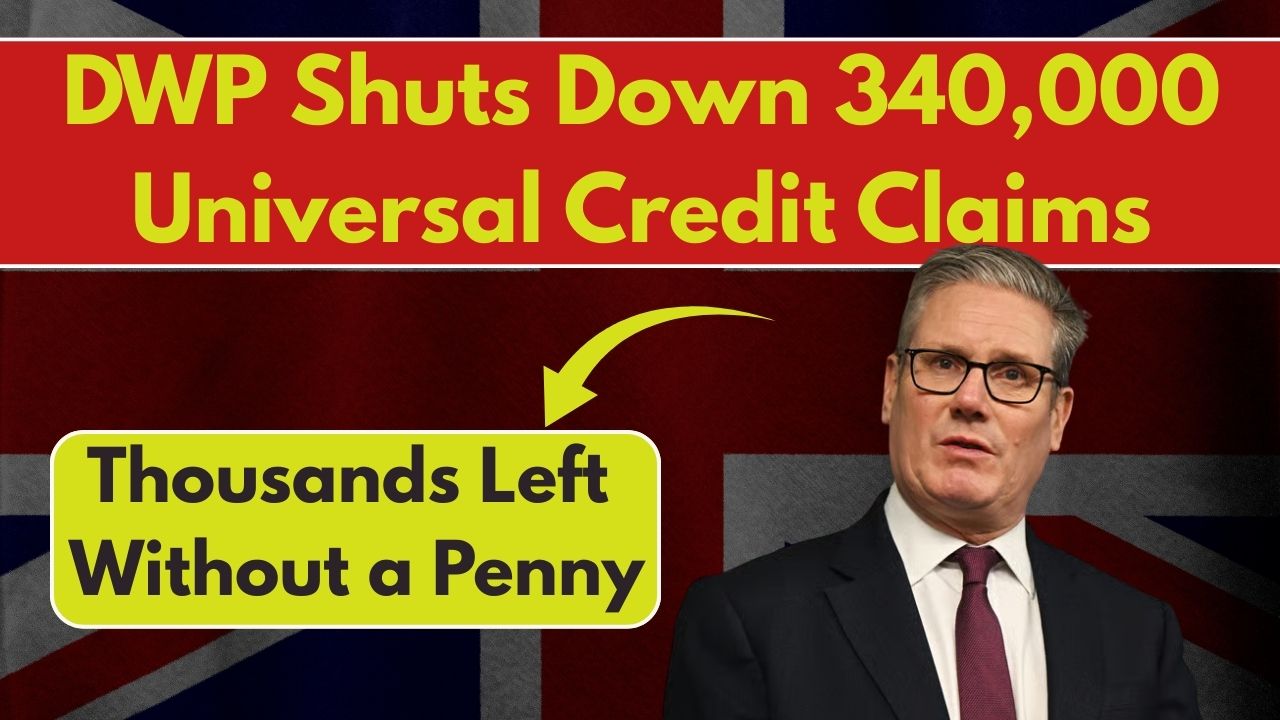Lok Sabha Speaker Om Birla has issued a stark warning about the increasingly acrimonious nature of parliamentary debates in India, cautioning that the “erosion of dignity and decorum” threatens the core functions of the legislature. Speaking at an event on Friday, Birla expressed deep concern over rising disruptions and the decline in substantive dialogue, linking the trend directly to the health of Indian democracy.
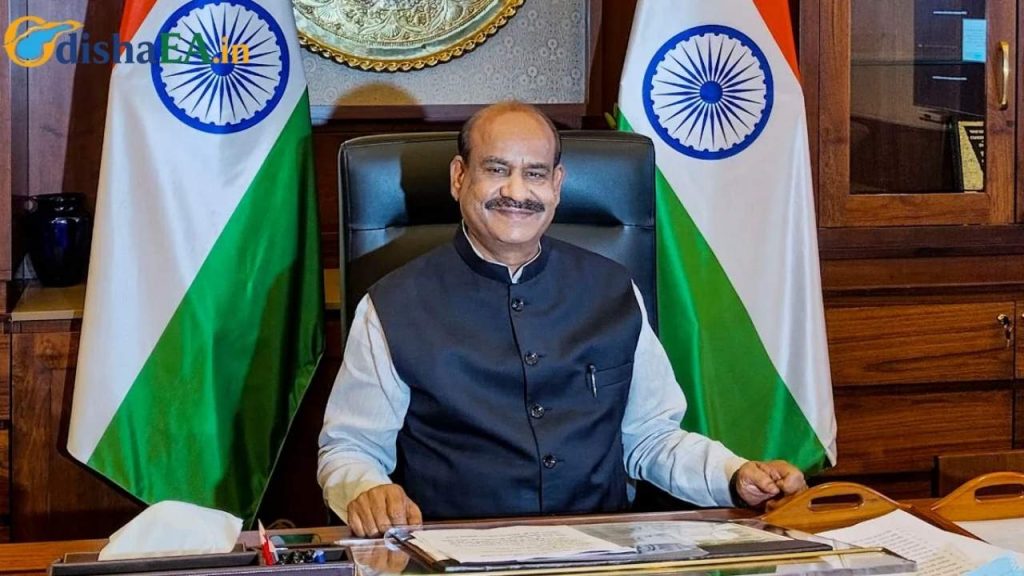
Speaker’s Warning on Declining Parliamentary Conduct
In unusually candid remarks at a convocation for the National Law University, Speaker Om Birla lamented what he described as a “worrying decline” in the quality of legislative discussion.
“Parliament is a sacred temple of democracy, meant for debate, discussion, and dissent, not disruption,” Birla stated, according to a transcript released by his office. “When dialogue is replaced with sloganeering and constructive criticism gives way to personal accusations, we not only fail in our legislative duty but also erode the public’s trust in this great institution.”
Birla, who has presided over the lower house of India’s Parliament since 2019, urged members from all political parties to engage in introspection. He emphasized that the frequent stalling of proceedings prevents crucial scrutiny of laws and policies, ultimately impacting governance and accountability. His comments come after several parliamentary sessions have been defined by heated confrontations and minimal legislative work.

A Pattern of Disruption and Its Impact on Parliamentary Debates
The Speaker’s concerns reflect a quantifiable trend. According to analysis by PRS Legislative Research, a New Delhi-based think tank, the 17th Lok Sabha (2019-2024) saw significant portions of its scheduled time lost to disruptions. The Winter Session of 2023 was particularly notable, witnessing the suspension of a record 146 opposition members of parliament across both houses for protesting, an event that drew international attention to the state of parliamentary conduct in India.
Leaders from the ruling Bharatiya Janata Party (BJP) have consistently blamed the opposition for the gridlock, accusing them of “obstructionism” and avoiding debate on key national issues. “The government is always ready for a healthy discussion on any matter,” said a senior government minister recently. “But the opposition’s only agenda is to derail the legislative process.”

Conversely, opposition parties argue that their protests are a last resort against a government that rushes through important legislation without adequate consultation. “We are forced to protest in the well of the house because our microphones are often muted, and we are not allocated sufficient time to raise issues of public concern,” a senior leader from the Indian National Congress told reporters last month. They point to several critical bills, including those related to agriculture and criminal law reforms, being passed with minimal debate.
The Core Functions of Parliament at Risk
Experts argue that the decline in debate quality weakens the Parliament’s fundamental role of holding the executive accountable. The primary tools for this oversight—Question Hour, detailed bill discussions, and the committee system—are often the first casualties of a dysfunctional house.
“Debate is the instrument through which accountability is enforced,” explained Dr. Chakshu Roy, Head of Outreach at PRS Legislative Research. “When bills are passed within minutes and parliamentary committees are not given adequate time or scope to scrutinize them, the resulting laws can be poorly drafted and lack broad consensus, leading to implementation challenges and public discontent.”
Sikkim CM’s Rare Glimpse Inside Puri Srimandir Sparks Debate: and a Swift Deletion
Bar Council’s Bold Move: Odisha Lawyers Face Deadline to Prove They’re Still Practising
New Youth President, New Problems: BJD Grapples with Growing Dissent
This sentiment was echoed by a former Secretary-General of the Lok Sabha, who noted that the bypass of established procedures is becoming more frequent. The process of sending complex bills to parliamentary select committees for detailed, non-partisan examination has been utilized less frequently in recent years, further concentrating power with the executive branch.
As both the ruling and opposition parties trade blame for the current state of affairs, Speaker Birla’s remarks serve as a call for a ceasefire. His appeal for restoring the dignity of parliamentary debates places the onus on all elected representatives. With the next major parliamentary session approaching, his words will be tested against the political realities of an increasingly polarized nation.

